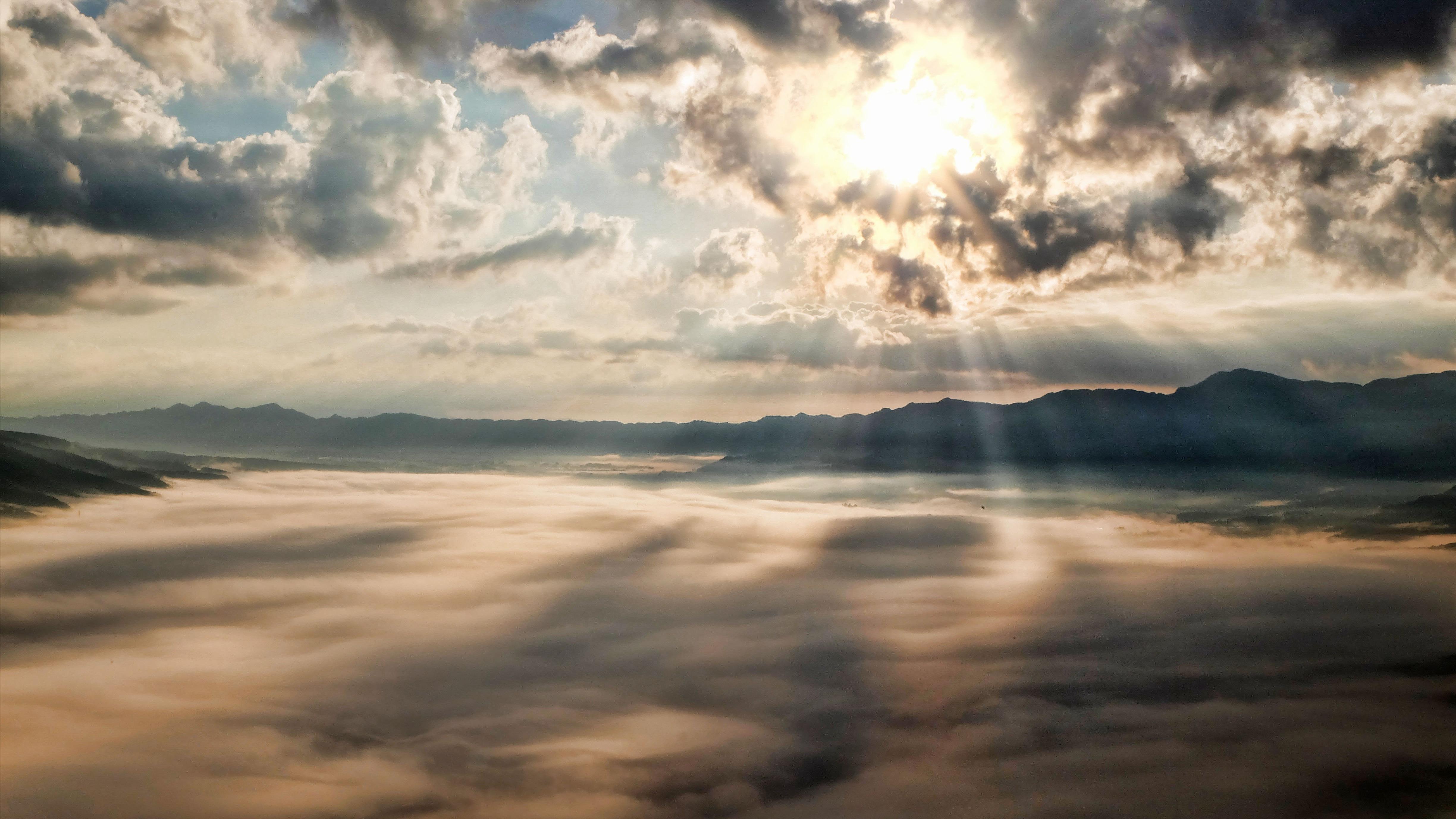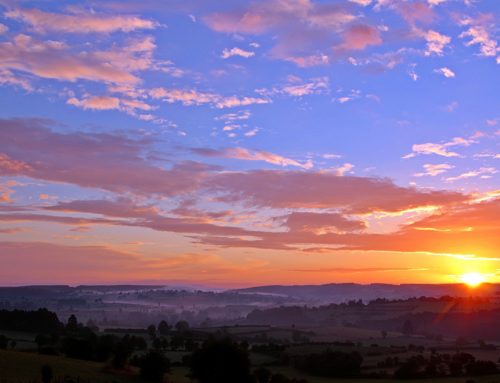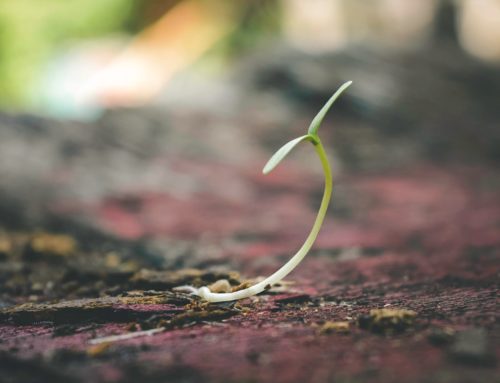One of the powerful themes in our Gospel reading this Sunday is forgiveness. The Gospel reading recounts the story of the disciples who have gone back to Galilee as they had been instructed to do, on account of the women’s testimony that the risen Jesus would meet them there. However, the story suggests that the disciples are a bit under a cloud. They are in Galilee, but Jesus isn’t anywhere to be seen. I would imagine that fishermen would be used to waiting, waiting for a catch out on the lake, but Peter in particular finds waiting hard. He’s an action man, he needs to be doing something, filling his time with some activity to take his mind from going over and over again the events of night he denied knowing Jesus. That would have tormented Peter, I’m sure.
How would you feel letting down your best friend and mentor? Could you forgive yourself? That was Peter’s struggle. And how could you face that friend, because that’s what’s in store for Peter. Jesus says he’s going to meet them in Galilee, but what’s he going to say or do with Peter?
Life can be painful at times, especially when we have the courage to face what we have done which has damaged someone else or find ourselves backed into a corner not wanting to face it and can’t find a way out.
So Peter chooses to go back to fishing for fish which is what Jesus called him away from. Jesus called him to something bigger and more demanding that threatens to stretch Peter out of his comfort zone, and part of that stretching is learning to face our dark side, our failures, our lack of nerve, our cowardice. Accepting that we aren’t perfect, that we get things wrong, we upset others by what we say or do and learning to take that on the chin is a way of growing up and learning to be more humane and accepting in our treatment of others.
In the first story of creation at the end of each day God looks back on the work God has done and names it ‘good’. God doesn’t say ‘it’s perfect’, rather that it is ‘good’ or wholesome, or fit for purpose. Well, at this moment in Peter’s life he doesn’t feel fit for purpose and chooses to go back to what he knows. And it seems that the other disciples are happy to join him. He’s still very clearly the leader of the group, and maybe they all share Peter’s predicament, wondering what will happen when they do meet Jesus. But going back to fishing doesn’t work. They work hard all night, but don’t even catch any seaweed let alone a shrimp. It’s like they are stumbling around in the dark trying to find their slippers and the bedside lightbulb has blown so they are down on their knees searching and come up empty handed. Their lives like their nets are empty. Do you ever feel like that? Then you are in good company.
In this dark, empty scene everything changes with the rising of the sun, which is John’s way of reminding us of the rising of the Son. A stranger is on the shore who asks them if they have caught anything and when they yell back NO! in weary and possibly angry voices, the stranger tells them to let down their nets on the right side of the boat and when they do they haul in the biggest catch ever.
Everything changes with Jesus, after all he is the way, the light, the good shepherd, the light of the world, who gathers them around a fire to warm them and feed them calming their fears, reminding them of the steadfast love that he holds for them, for us.
And then he takes Peter aside, away from prying eyes, although John allows us to listen in. What Jesus does is ask Peter, ‘Do you love me?’ That’s what is most important, and each time Peter replies in the affirmative, he’s given back his call to fish for people, to care, to love, to forgive. What’s more Jesus does the same to us all.





